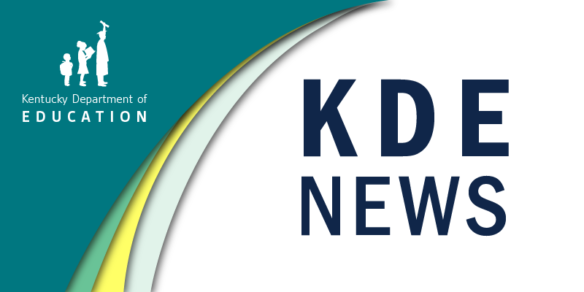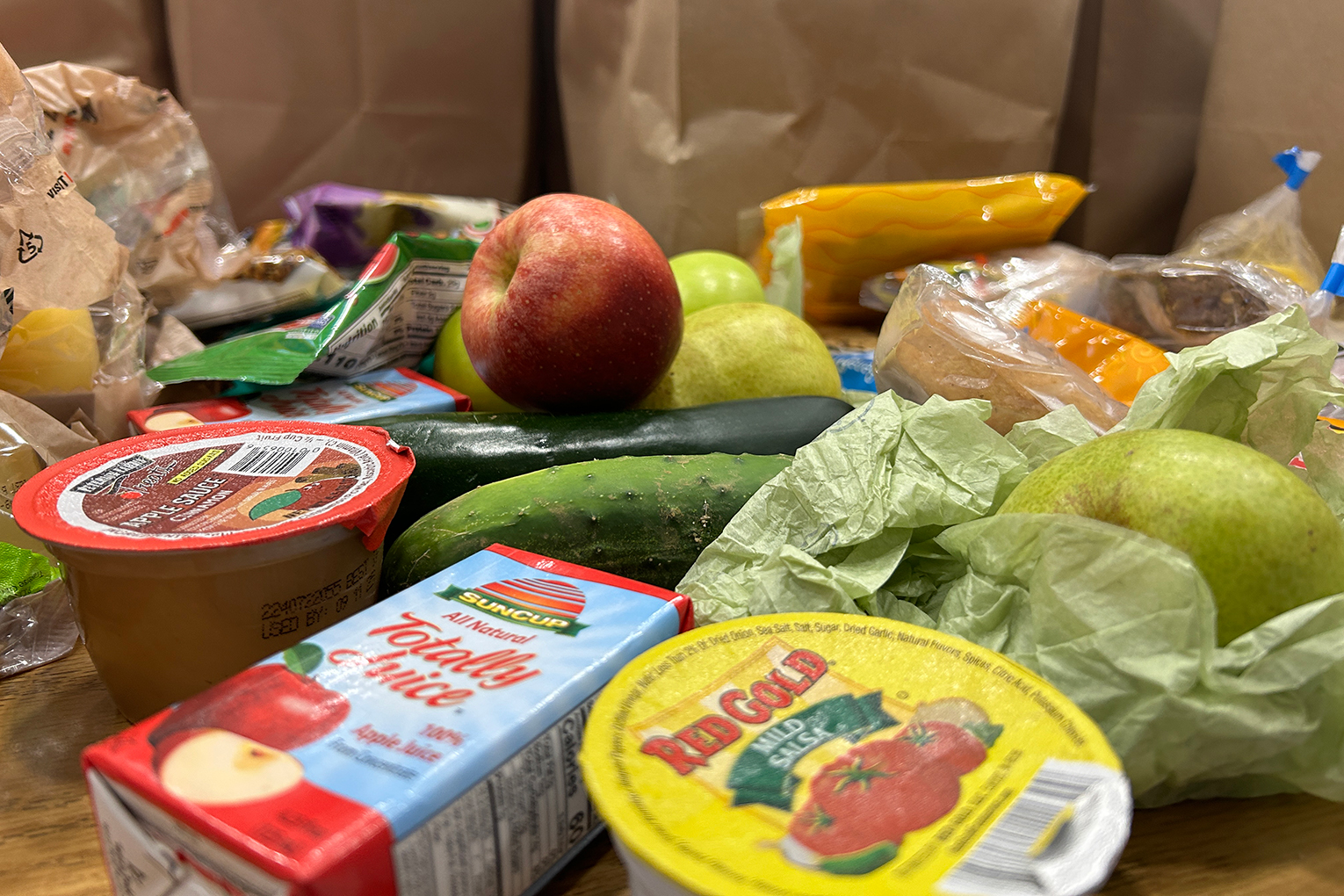
Representatives of the Kentucky Department of Education (KDE) Office of Teaching and Learning updated state lawmakers on March 7 about the progress of new early literacy initiatives.
The Kentucky legislature passed Senate Bill 9, the Read to Succeed Act, last year in an effort to accelerate student progress toward reading proficiency. KDE Chief Academic Officer Micki Ray told the House Budget Review Subcommittee on Primary and Secondary Education and Workforce Development that each year, approximately half of Kentucky’s 3rd graders score below proficiency. Even before the COVID-19 pandemic, this accounts for approximately 118,000 Kentucky 3rd-grade students from 2015-2019.
“What we are doing isn’t working for all students. The data shows us that,” Ray said. “We cannot be OK with the status quo.”
Overall, the Read to Succeed fund provides $22 million over the current two-year budget, plus another $15.9 million in Read to Achieve grants each year.
The legislation created several different avenues to improve early literacy outcomes. Ray said implementation of early literacy screener assessments, reading improvement plans and statewide professional learning will support early identification of reading problems and help create action steps for instruction and intervention to support the diverse needs of early readers.
“We want to see an improvement in reading outcomes for students,” she said. “We want students to be equipped and empowered to have continued academic and lifelong success well beyond the transition from K-12 education.”
One specific initiative, the Kentucky Reading Academies, brings the Language Essentials for Teachers of Reading and Spelling (LETRS) professional learning to elementary educators to help them determine what to teach in order to increase student success, recognize and address the reasons why some students struggle, and understand how students learn to read and write.
“We feel as if this issue of early literacy, frankly, is a moral imperative,” said Ray, “and we have the responsibility as a state to support our earliest readers and improve the instruction and implementation supports across the Commonwealth.”
The LETRS program is a comprehensive two-year training course for educators interested in topics that are essential to literacy instruction. Kentucky had more than 1,800 participants in Phase 1 of LETRS, spanning 124 school districts.
Of 433 survey respondents, nearly 95% of participants said they learned new and relevant information from the LETRS, and 92% said LETRS helps them better meet the diverse learning needs of early readers.
KDE Director of Early Literacy Christie Biggerstaff said the key to professional development is teaching relevant information that is immediately useful in the participant’s role.
“We are very encouraged about that increase in knowledge among our participants,” she said.
State Rep. Tina Bojanowski, a teacher in Jefferson County Public Schools, is a current participant in LETRS and said she’s “aching” to get back into the classroom to implement what she has learned so far.
“It has been the most phenomenal training that I have ever participated in,” she said.
There are 196 administrators taking the LETRS for Administrators course. Seventy administrators are working through the Principal Partnership Project (P3) initiative.
Another part of the Read to Succeed Act is encouraging more family and community involvement, and KDE plans to publish the “Read at Home Plan” family resource guide this spring in order to help.
“We don’t want this to be unmanageable,” said Ray. “We are not seeing the parents and caregivers directly as a teacher, but they can have conversations with their child around literacy and the components of reading to better support them to be successful at school.”
KDE continues to implement other parts of the Read to Succeed Act, including:
- A request for proposals is open for third-party evaluators of the statewide professional learning program;
- LETRS Phase 2 registration opens in May and the professional learning begins in October;
- KDE will hire four regional coaching directors and up to 25 literacy coaches that will be trained and placed in schools with the greatest need by the 2024-2025 school year; and
Future literacy supports are being sought for educators in grades 6-12.




Leave A Comment